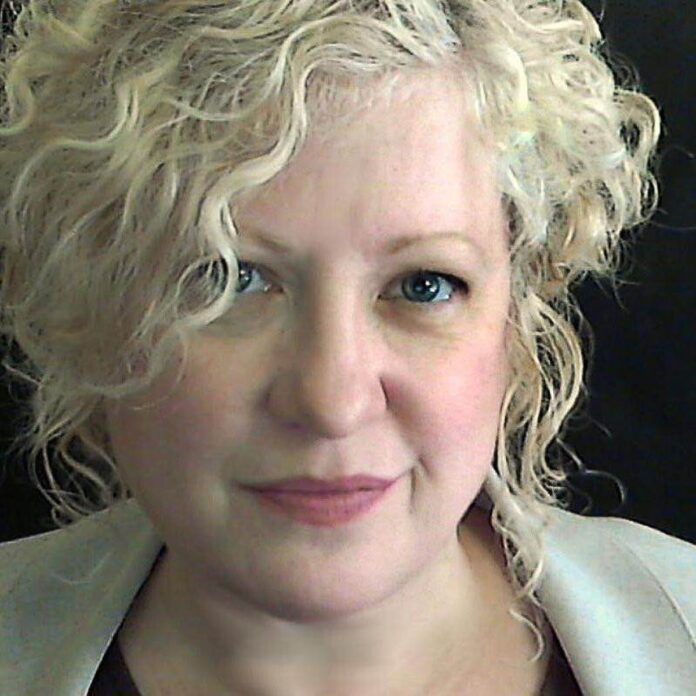By PATRICIA KRAHNKE, guest columnist
Here’s a secret: It’s rarely just one college application essay that will be required of students. Often, it’s several.
Multiply that by several college choices, and “overwhelming” doesn’t come close to describing the experience.
For years, I have helped students from all over the world with essay organizing and content development. Often, the pages of essay prompts alone reach eight or more.
The Common App requires one essay that will be sent to all of a student’s college choices that require the Common App. But most colleges that use the Common App also have what are called “supplemental applications.” This is where colleges ask extra questions specific to their wants and needs.
All colleges seek students who are a good fit for their campus community and academic offerings. The supplemental application is where they look for that information.
The questions they ask may be in the form of personal statements of 250 words or more; multiple individual questions of perhaps 25 words; and/or longer form essays.
Sometimes the topics are serious. Occasionally, in the case of the University of Chicago, they may be whimsical.
Always, top colleges will ask “Why do you want to attend our college?” which asks students to tell them in specifics who they are, how they think and what they value.
Most important, colleges want to know how a student’s interest in the college will help her/him achieve overall personal and professional goals, which requires a deep and broad understanding of the colleges to which a student is applying.
The best way to get started on developing content for multiple essays? Suggest to your student that they choose a couple of the Common App essay prompts that resonate with them and begin “free writing.” Stream-of-consciousness writing to one or more of these prompts can really get juices flowing, memories popping and ideas swarming.
At this early stage, students shouldn’t worry about perfection. They should worry about authenticity, digging deep into their spirit, personal history, interests, experiences and mind. Often, a student may disregard an experience or interest as too small to matter, but often that is where the real gems are hidden.
Students should also discuss their essay development process with trusted adults, people who know them and who truly support their hopes and dreams. All of this will prepare students well for the varying questions that will be asked of them. It also will make essay writing for applications and scholarships much less stressful.
The earlier a student begins the introspection required by and writing of these types of essays, the more time they have to “dig up the good stuff” and the better their college admissions and scholarship outcomes are.
Indiana colleges that require the Common App include Butler, DePauw, Earlham, Goshen, Hanover, Manchester, Purdue, Saint Joseph’s, Saint Mary-of-the-Woods, Saint Mary’s, the University of Evansville, the University of Indianapolis, Notre Dame, Valparaiso and Wabash. Most elite “dream” schools also require the Common App. So if your college choices include one of more of these schools, you will have to complete the Common App and the essay.
So, rising seniors should use the summer to get this deep thinking and Common App drafts out of the way. Younger students who are not applying to college next year can benefit from this process by getting a very early start on these drafts. The prompts don’t change much from year to year, so early effort is not wasted time.
Here they are, the 2017-18 Common Application essay prompts:
1. Some students have a background, identity, interest or talent that is so meaningful they believe their application would be incomplete without it. If this sounds like you, then please share your story.
2. The lessons we take from obstacles we encounter can be fundamental to later success. Recount a time when you faced a challenge, setback or failure. How did it affect you and what did you learn from the experience?
3. Reflect on a time when you questioned or challenged a belief or idea. What prompted your thinking? What was the outcome?
4. Describe a problem you’ve solved or a problem you’d like to solve. It can be an intellectual challenge, a research query, an ethical dilemma — anything that is of personal importance, no matter the scale. Explain its significance to you and what steps you took or could be taken to identify a solution.
5. Discuss an accomplishment, event or realization that sparked a period of personal growth and a new understanding of yourself or others.
6. Describe a topic, idea or concept you find so engaging that it makes you lose all track of time. Why does it captivate you? What or who do you turn to when you want to learn more?
Got questions? Email me at [email protected] or call me at 812-219-6001. I assist Brown County college-bound families free of charge.
Patricia Krahnke is a Brown County resident.





